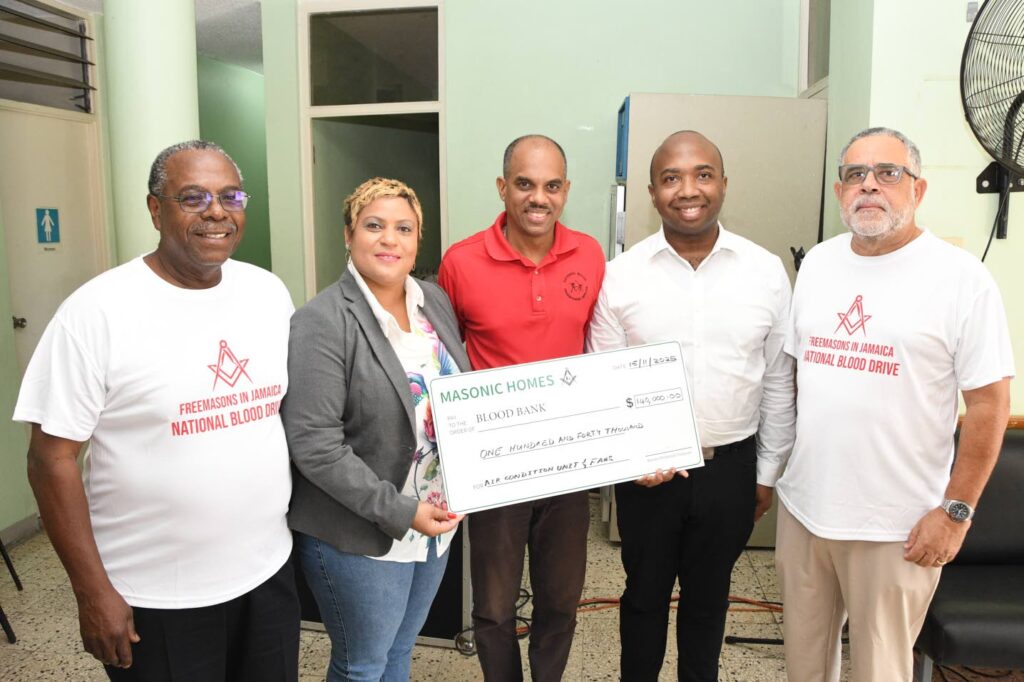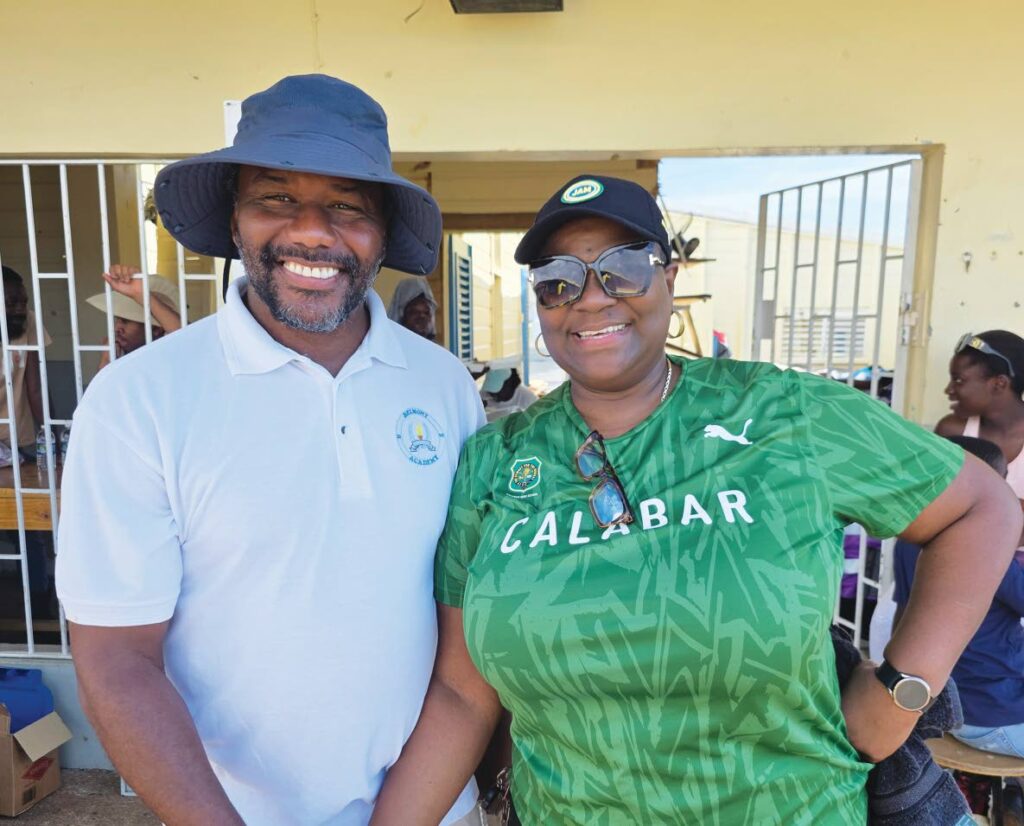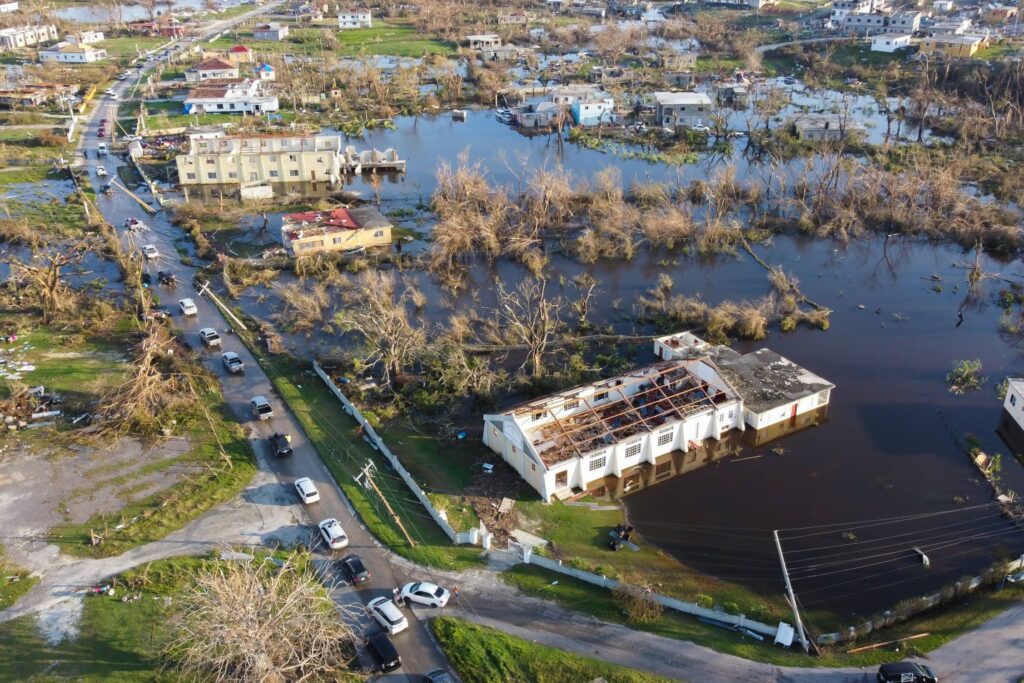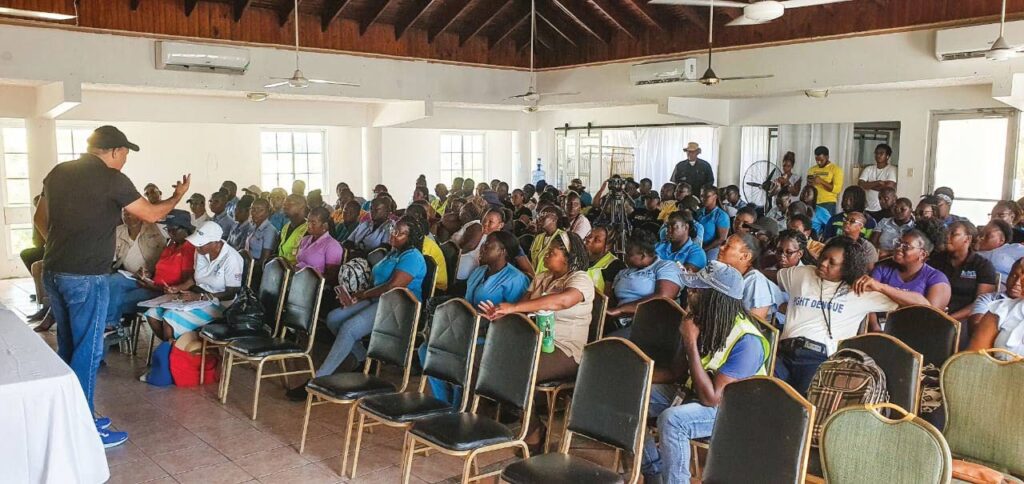The Jamaican judiciary is poised for a significant leap forward with the introduction of the Integrated Electronic Case Management System (IECMS), a digital platform designed to streamline court processes and enhance accessibility. Chief Justice Bryan Sykes, speaking at the contract signing ceremony at the Ministry of Justice and Constitutional Affairs in St Andrew, emphasized the transformative potential of the IECMS for both court users and law enforcement agencies, particularly the Jamaica Constabulary Force (JCF).
The IECMS will enable police officers to upload and submit case files electronically, eliminating the need for time-consuming travel to court stations. This innovation is expected to free up valuable resources, reduce operational costs, and improve productivity within the JCF. Justice Sykes highlighted the system’s ability to address long-standing inefficiencies, such as the transportation of remand prisoners across vast distances, which currently requires significant manpower and financial expenditure.
Beyond law enforcement, the IECMS promises to benefit the Department of Correctional Services by facilitating remote court appearances for detainees, thereby minimizing security risks and logistical challenges. The system also aims to enhance access to justice for underserved populations, including persons with disabilities, by allowing them to interact with the courts from the comfort of their homes.
Minister of Justice and Constitutional Affairs Delroy Chuck lauded the initiative, describing the IECMS as a ‘single seamless digital platform’ that will connect every stage of the justice chain, from investigation to correctional management. The system is expected to reduce case delays, improve transparency, and generate substantial cost savings for the public sector.
Patricie Uwase, CEO of Rwanda Corporation, commended Jamaica for adopting the IECMS, a system that has proven successful in Rwanda. She emphasized that the project is not merely about technological advancement but also about visionary leadership and a collective commitment to strengthening justice and governance through digital transformation.









